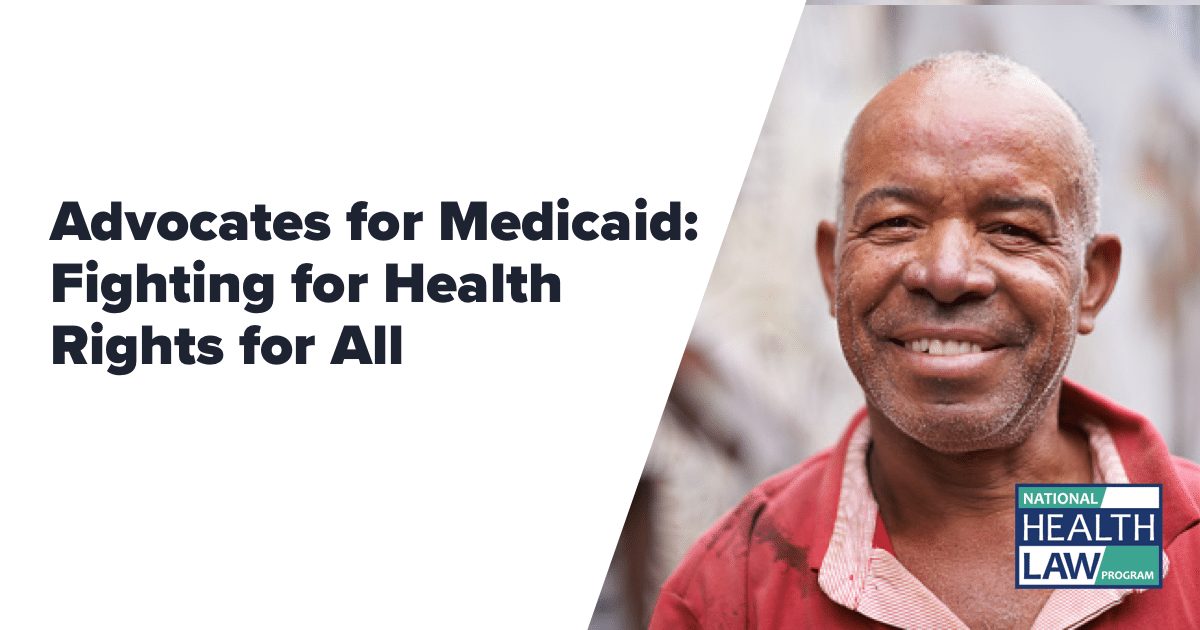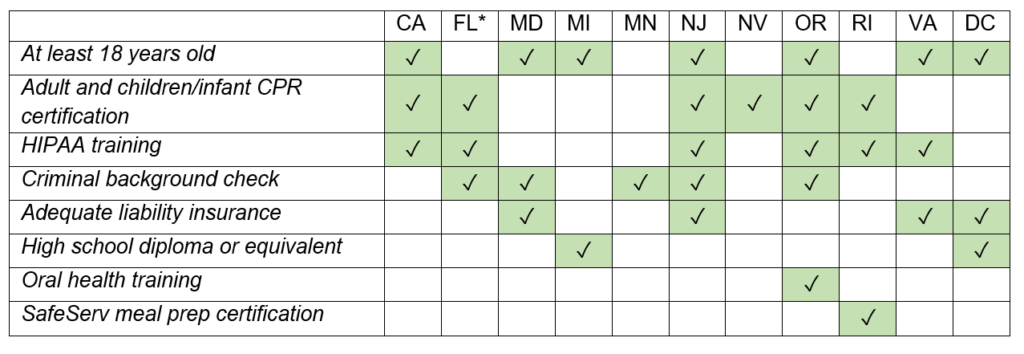Future of ACA preventive services requirement uncertain
Reed O’Connor is at it again. The judge who infamously struck down the entire Affordable Care Act (ACA), only to be reversed by the U.S. Supreme Court, this time is targeting the ACA provision requiring most health plans to cover, with no cost sharing, preventive health screenings and services that receive an A or B recommendation from the U.S. Preventive Services Task Force (USPSTF). According to HHS, millions of people have received no cost screenings for various types of cancer, diabetes, and infectious diseases, as well as preventive measures like interventions for persons at risk for cardiovascular disease and medication to prevent HIV infection.
Requiring insurance companies to cover preventive services with no cost sharing, in the form of copays and deductibles, is an important way to increase access to life-saving care. A recent poll found that most Americans would forgo preventive health screenings if they were required to pay out-of-pocket. Preventive services can also lead to savings by preventing costly medical conditions like HIV, where a lifetime of treatment and care can cost between $420,285 – $1,079,999. Moreover, by detecting serious conditions early, people can be treated more effectively and go on to live healthy, more productive lives. For example, according to the American Cancer Society, when colorectal cancer is found at an early stage, the five-year relative survival rate is about 90%. Survival rates are much lower once the cancer has spread.
Because of Judge O’Connor’s ruling, the future of the ACA’s preventive services is uncertain. The decision, Braidwood v. Becerra, does not invalidate all of the preventive services provisions. Instead, it targets 42 U.S.C. § 300gg-13(a)(1),. which requires private plans to extend no-cost coverage to services that have received an A or B rating His reasoning is that the USPSTF is a volunteer body that does not have the authority under the Constitution to makecoverage of preventive services and screenings compulsory.
This means insurance companies no longer have to cover, without cost sharing, important and potentially life-saving USPSTF recommended services like screening for hepatitis C and lung cancer. While analysis of the opinion is still in its early stages, we read the judge to have held that some services will still be covered, but in a more limited way. For example, screening for colorectal cancer in people age 50+ might still be required, because that recommendation, issued in 2008, was already in place when Congress passed the ACA. However, the 2021 update to colorectal cancer screenings for people age 45+ is now invalid.
People who have an upcoming appointment for a preventive service, or who are anticipating needing such services in the near future, should not panic. Health plans already established their covered benefits and cost sharing for the 2023 plan year. The trade group for the health insurance industry, AHIP, announced in response to the Braidwood decision on March 30 that consumers should expect ”no immediate disruption in care or coverage”
There is another factor that may limit the impact of Judge O’Connor’s decision. Braidwood focuses exclusively on 42 U.S.C. § 300gg-13(a)(1), which applies to all private plans, including fully insured and self-insured plans in the individual, small group, and large group markets. However, the ACA has other provisions requiring or otherwise providing preventive services and screenings not at issue in Braidwood and/or not subject to the judge’s order.
The ACA’s Essential Health Benefits (EHB) is a separate coverage requirement for preventive services and other important health care benefits. (See 42 U.S.C. § 18022(b)(1)(i)). EHB coverage requirements apply to fewer people—those in non-grandfathered individual and small group plans, including the health plans sold through the ACA marketplaces (also called exchanges), plus Medicaid Alternative Benefits Plans.
Congress gave the Secretary of HHS express authority to define EHB (see 42 U.S.C. § 18022(b)(1) “the Secretary shall define the essential health benefits”). Through regulations the Secretary defined EHB preventive services by adopting the USPSTF recommendations, plus other preventive services including vaccines supported by the Advisory Committee on Immunization Practices and screening guidelines identified by the Health Resources Services Administration (HRSA) for infants, children and adolescents as well as the Women’s Preventive Services Initiative (WSPI). Thus, the EHB requirement to cover preventive services does not rely on the USPSTF authority at issue in Braidwood. It relies on the authority Congress gave to the Secretary of HHS to define EHB. Judge O’Connor’s decision doesn’t mention of the EHB provision and should have no effect on EHB coverage requirements. Note, however, that health plans can still charge cost sharing for EHB, subject to limits..
Judge O’Connor’s decision also makes no mention of the ACA provisions addressing preventive services in Medicaid, which provides health coverage for 85 million people. The ACA established a new eligibility category for low-income adults under age 65 (often referred to as Medicaid expansion) and requires state Medicaid programs to provide enrollees Alternative Benefit Plans (ABPs) that are subject to the ACA’s coverage requirements under EHB.
For adults enrolled in other Medicaid eligibility categories, such as the Parent and Caretaker Relative category and persons eligible on the basis of disability, the ACA also provides increased federal matching funds for states that provide preventive services with no cost sharing. Under Medicaid’s robust benefit package for children – Early and Periodic Screening, Diagnostic and Treatment – states must provide Medicaid-eligible children with a broad array of screenings and services, including ACIP-recommended vaccines. Judge O’Connor’s decision touches none of these provisions, and they do not rely on USPSTF authority.
Even though the Braidwood decision may be somewhat limited in scope, uncertainty and anxiety over the future of preventive services remain. The next stop is the U.S. Fifth Circuit Court of Appeals, which may reverse, uphold, or even broaden Judge O’Connor’s decision.
The most immediate impact of Judge O‘Connor’s ruling may be people who hear about the decision and delay seeking care. They may miss the window for early detection and treatment of deadly cancers or go untreated for debilitating yet curable illness. For them and their loved ones, the damage will be incalculable.
Wayne Turner is a Senior Attorney at the National Health Law Program.






